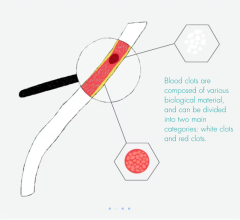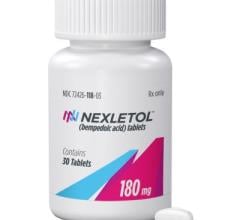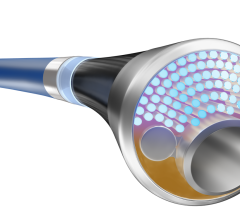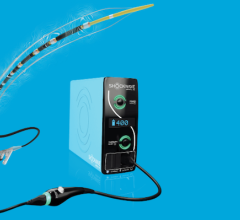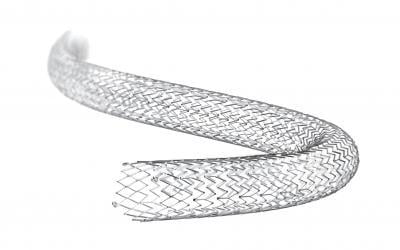
August 26, 2013 — Boston Scientific Corp. has completed enrollment in the SuperNOVA trial – a global, single arm, prospective, multicenter clinical trial evaluating the long-term (12-month) safety and effectiveness of the Innova Self-Expanding Stent System (Innova Stent System). This stent system is designed for treating patients with a narrowing or blockage of the arteries above the knee, often associated with peripheral artery disease (PAD).
The study enrolled 299 patients at 51 sites in the United States, Canada, Japan and Europe and is expected to support regulatory submissions in the United States, Canada and Japan.
"Treating vascular lesions in the superficial femoral artery (SFA) and proximal popliteal arteries (PPA) is particularly challenging due to a variety of anatomical factors, including vessel length and tortuosity," said Richard Powell, M.D., section chief, department of vascular surgery, Dartmouth Hitchcock Medical Center, Lebanon, N.H., professor of surgery and radiology at Geisel School of Medicine, and global principal investigator of the SuperNOVA trial. "From my experience in the clinical trial, the Innova Stent System offered the design characteristics required for acute and long term success in these challenging vessels, including radial strength, flexibility, fracture resistance and long stent lengths."
The Innova Stent System consists of a nitinol self-expanding, bare-metal stent loaded on an advanced low-profile delivery system. The stent architecture features a uniform, open-cell structure along the stent body designed for enhanced flexibility, radial strength and fracture resistance and a closed-cell design at each stent end for uniform deployment. The delivery system of the Innova Stent System features a tri-axial delivery catheter with an outer stabilizer sheath engineered to enhance deployment accuracy. The Innova Stent is 6 French compatible and available outside the United States in diameters from 5-8 mm and lengths of 20-200 mm.
More than 27 million people worldwide suffer from PAD, a buildup of plaque that narrows and blocks the arteries, reducing blood flow to the limbs. PAD most commonly occurs in the pelvis and legs, sometimes causing symptoms such as cramping, numbness and pain in the calves or thighs while walking. Left untreated, PAD of the lower extremities can lead to painful wounds on the feet and toes, infections or amputation.
The Innova Stent System received CE mark approval in May 2012. In the United States, the device is investigational and not available for sale.
For more information: www.bostonscientific.com


 September 12, 2025
September 12, 2025 




